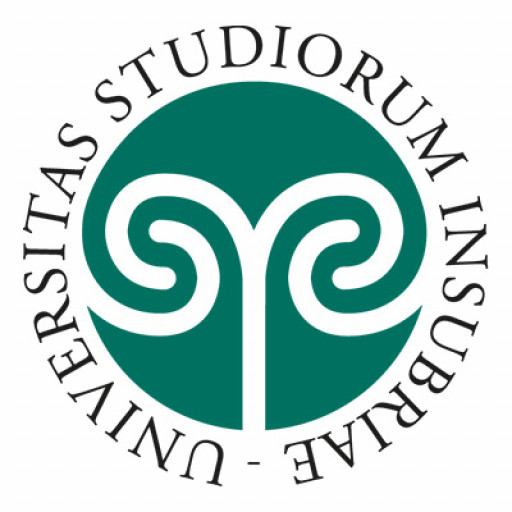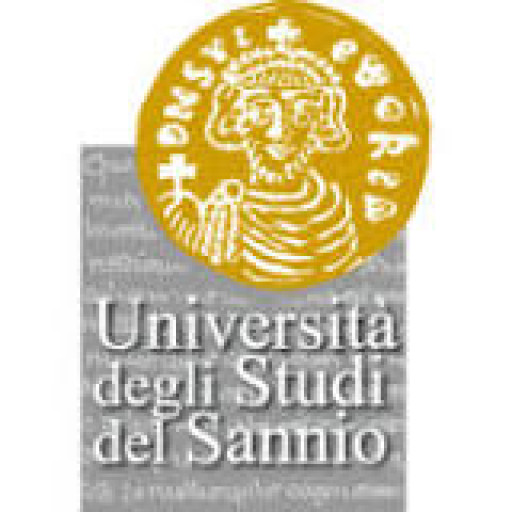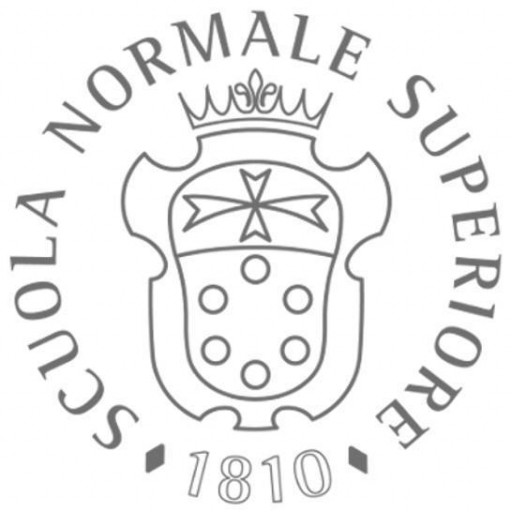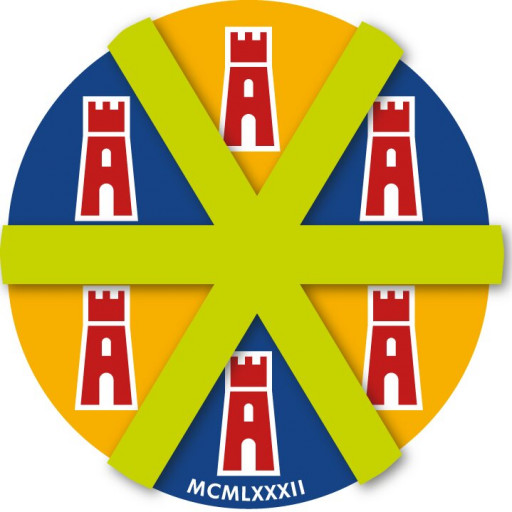Photos of university / #universityofgroningen
The Bachelor's programme in Biology at the University of Groningen offers a comprehensive and in-depth introduction to the fundamental principles of life sciences. This three-year program is designed to provide students with a solid foundation in various branches of biology, including molecular biology, ecology, evolution, genetics, microbiology, and physiology. The curriculum emphasizes both theoretical knowledge and practical skills, equipping students to understand complex biological systems and processes. Throughout the course, students engage in laboratory exercises, fieldwork, and research projects, fostering critical thinking and problem-solving abilities. The programme also encourages interdisciplinary learning, integrating aspects of chemistry, physics, and mathematics to enhance understanding of biological phenomena. Students have access to state-of-the-art facilities and laboratories, ensuring hands-on experience with modern scientific techniques. The programme emphasizes sustainability and biological diversity, preparing graduates to address global challenges such as climate change, conservation, and public health. The Bachelor's degree prepares students for further studies in master's programmes or for careers in research, healthcare, environmental consultancy, education, or science communication. The programme promotes international learning through exchanges and collaboration with global research institutions. Graduates of this programme are well-equipped to contribute to scientific innovation and environmental management, making a positive impact on society and the planet.
The Bachelor's degree in Biology at the University of Groningen offers a comprehensive and interdisciplinary education that prepares students for understanding the complexity of living organisms and their interactions with the environment. The programme combines foundational biological sciences with advanced topics, fostering both scientific knowledge and practical skills. Throughout the three-year course, students explore diverse areas such as genetics, microbiology, ecology, evolution, animal and plant biology, and systems biology, alongside scientific research methods and data analysis.
Initially, students acquire core biological principles through lectures, practical labs, and tutorials. They learn about cell structure and function, molecular genetics, and the physiological processes underpinning living organisms. The programme emphasizes laboratory skills, including microscopy, experimental design, and data interpretation, which are essential for research and industry careers. As students progress, they engage in more specialized courses, choosing electives aligned with their interests, such as marine biology, conservation biology, or biotechnology.
A key component of the programme is research training. Students undertake independent research projects, often working in state-of-the-art laboratories or field sites. This experience enables them to apply theoretical knowledge to real-world problems, develop critical thinking skills, and gain insight into scientific methodologies. The curriculum also fosters interdisciplinary thinking, highlighting how biology intersects with other fields like chemistry, physics, and environmental science.
Throughout their studies, students develop essential competencies in scientific communication, teamwork, and problem-solving. The programme encourages active participation in seminars, group projects, and scientific presentations, preparing graduates for diverse careers in research, environmental consultancy, healthcare, and education. With a strong foundation in both theory and practice, graduates of the Biology programme at the University of Groningen are well-equipped to contribute to scientific advancements and address global challenges related to biodiversity, health, and sustainability.
Admission requirements
Mathematics, Biology, Chemistry, Physics This is merely an indication of required background knowledge. The admissions board determines whether the specific contents of this/these course(s) meet the admission requirements of the bachelor programme for which you applied.
Other requirements
- aanvullend vak Mathematics, Biology, Chemistry, Physics This is merely an indication of required background knowledge. The admissions board determines whether the specific contents of this/these course(s) meet the admission requirements of the bachelor programme for which you applied.
- taaltoets cijfer This is a Dutch-taught programme. If you are an international student, be aware that the spoken language in all classes is Dutch. As part of the entry requirements you will have to proof your Dutch language proficiency by means of an NT2-II test. Please visit http://www.rug.nl/fwn/fmns-programme/admissions/bsc/language for more information.
- vooropleiding (ISPAC: vereiste vooropleiding) Secondary education equivalent to Dutch pre-university education is required. This is merely an indication of the required general level of applicants' previous education. FOR MORE INFORMATION please visit the 'BSc Application Procedure' pages at: http://www.rug.nl/fwn/fmns-programme/admissions/bsc/
Financing studies for the Bachelor's degree in Biology at the University of Groningen are primarily composed of tuition fees and potential financial support options. Tuition fees vary depending on the student's nationality. For international students from outside the European Union (non-EU), the annual tuition fee is approximately €11,000, whereas for students from the European Union (EU) and the European Economic Area (EEA), the fee is around €2,200 per year. These fees cover the entire duration of the three-year bachelor's program.
In addition to tuition, students should consider living expenses, which include accommodation, food, transportation, study materials, and personal expenses. The estimated living costs in Groningen are approximately €900 to €1,200 per month, totaling around €10,800 to €14,400 annually. These costs vary based on lifestyle choices and accommodation options.
The University of Groningen offers various financial aid opportunities, including scholarships for outstanding students, such as the Holland Scholarship, which provides a partial grant for non-EU students. Additionally, students may explore government loans and grants available through their home countries or through Dutch national student finance institutions like DUO. International students can also seek external funding sources or sponsorships depending on their country of origin.
Students are encouraged to apply for part-time jobs during their studies, as Groningen has a vibrant student community with numerous opportunities for part-time employment, which can help offset living expenses. The university also provides guidance and counseling on financial planning and available resources.
It is important to note that students should budget carefully to cover both tuition and living costs throughout their studies. Financial planning should begin well in advance of starting the program, considering application deadlines for scholarships and other financial aid. Students are advised to regularly consult the official university website or contact the university's admissions office for the most accurate and up-to-date information regarding tuition fees, scholarships, and financial support options.
The Bachelor's degree in Biology at the University of Groningen offers an in-depth exploration of the living world, covering a broad array of biological disciplines. The programme is designed to provide students with a solid foundation in biological sciences, combining theoretical knowledge with practical skills, and encouraging an understanding of the complex interactions within ecosystems, as well as the molecular mechanisms underlying biological processes. Throughout the programme, students will engage with various courses that include cell biology, genetics, ecology, evolution, microbiology, and physiology. The curriculum emphasizes scientific research methods, analytical techniques, and critical thinking, preparing graduates for diverse career paths within academia, research institutes, environmental consultancy, healthcare, and biotechnology sectors.
Students will have opportunities to participate in laboratory work, field studies, and internships, enabling them to gain hands-on experience and apply their theoretical learning to real-world problems. The programme also fosters interdisciplinary collaboration, with modules designed to integrate biology with chemistry, physics, and data analysis, reflecting the interconnected nature of modern biological sciences. The University of Groningen is renowned for its strong research environment and international orientation, providing students with access to cutting-edge research facilities and a diverse student body. The programme typically spans three years for full-time students, culminating in a Bachelor's degree (BSc). Upon completion, graduates are well-equipped to pursue advanced studies, such as a Master’s programme in biology or related fields, or to enter the workforce directly.
The curriculum is structured to promote critical analysis, scientific writing, and communication skills, which are essential for professional development in scientific disciplines. Students can also benefit from various extracurricular activities, seminars, and research projects that enhance their educational experience. The University of Groningen emphasizes sustainability, innovation, and societal relevance, aligning its biology programme with contemporary global challenges like climate change, biodiversity loss, and health issues. Overall, the Bachelor's degree in Biology at the University of Groningen aims to cultivate curious, skilled, and socially responsible biologists ready to contribute meaningfully to scientific progress and environmental preservation.










